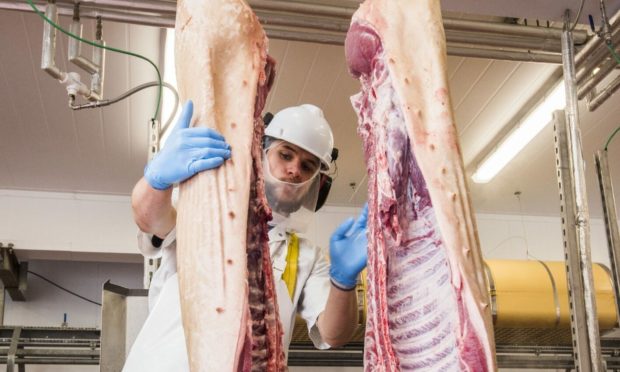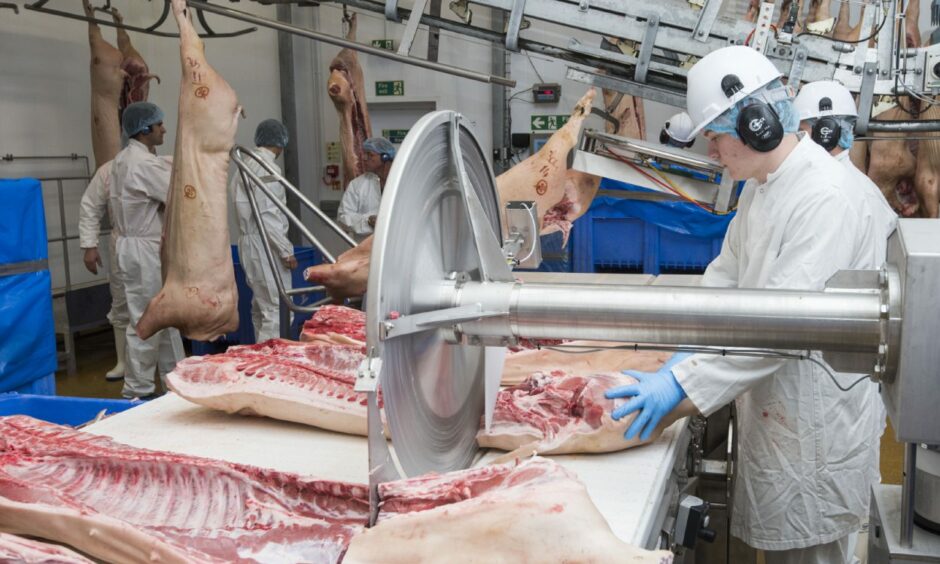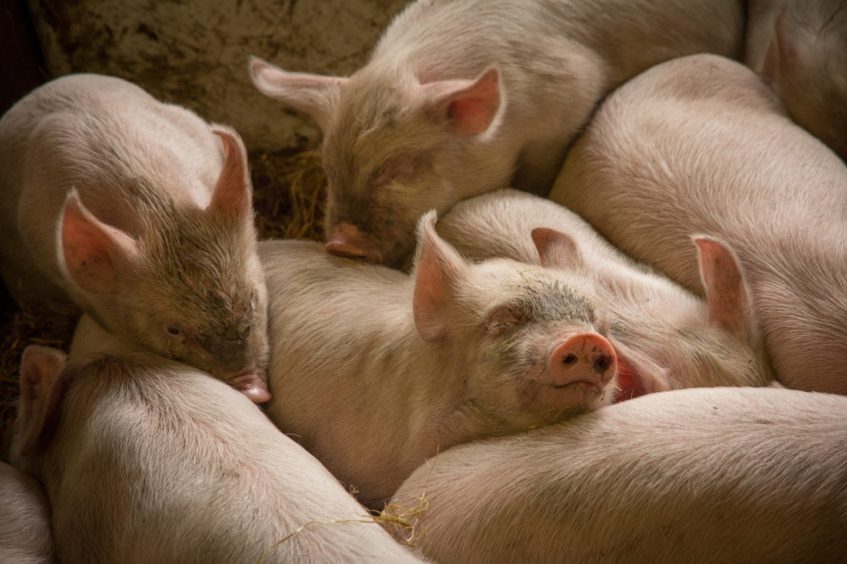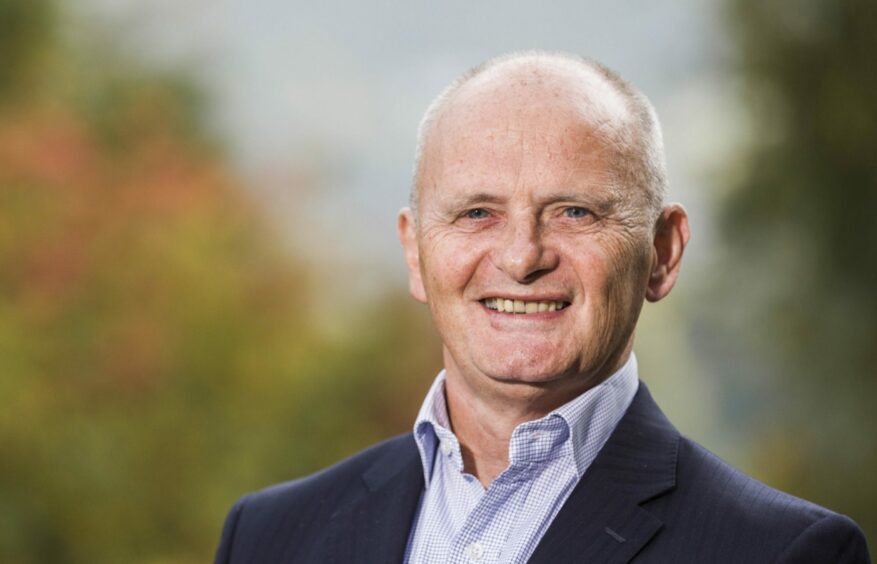Pig and poultry farmers and meat wholesalers are bracing themselves for disruption as a result of a shortage of CO2 for stunning following the closure of UK fertiliser plants.
British Meat Processors Association chief executive Nick Allen has warned that British chicken and British pork would become “seriously rare on the shelves” and animal numbers building up on farms would cause welfare issues if the situation isn’t urgently resolved.
In Scotland meat wholesalers are already under pressure as a result of a reduced labour force, and the pig processing plant at Brechin has been on a three-day-a-week schedule since the loss of its export licence to China, leading to a backlog of pigs on farms.
The farmers’ union (NFUS) says it is monitoring the CO2 situation, which is the preferred method of stunning for pigs and poultry at slaughter.
NFUS policy manager Penny Middleton said: “In order to maintain the high levels of animal welfare which Scottish farmers and processers pride themselves on, it is imperative that the small number of pig and poultry plants in Scotland have enough CO2 to continue to process pigs and poultry at a steady rate.
“Any potential disruption to supplies would compound the impact that Covid-19 and labour shortages are already having on our meat processing sector.
“Pig and poultry farms are finely tuned and rely on stock leaving farms at a certain time with new stock coming in behind. The closure of the Brechin pig plant in the spring due to the pandemic clearly illustrated what impact any disruption can rapidly have.”
The Scottish Association of Meal Wholesalers (SAMW) executive manager, Martin Morgan said a shortage of CO2 was not currently a major issue for member companies.
However he added: “While we have no reports of serious shortages in this respect, we are continuing to follow this situation closely alongside the very real and urgent problems which member companies are facing in relation to labour and transport shortages.”
The 2 Sisters Food Group which operates the chicken processing plant at Coupar Angus, was contacted.
Meanwhile, the Sustainable Food Trust said gas prices and food shortages had exposed the double crises of energy and food insecurity.
The trust’s chief executive, Patrick Holden called on government and business leaders to go beyond “short term sticking plaster solutions” and accelerate moves towards more systemic change.
He added: “If we are serious about food security then we will need a National Food and Farming Strategy that is harmonised with nature and climate, switching to much greater local food production.”



